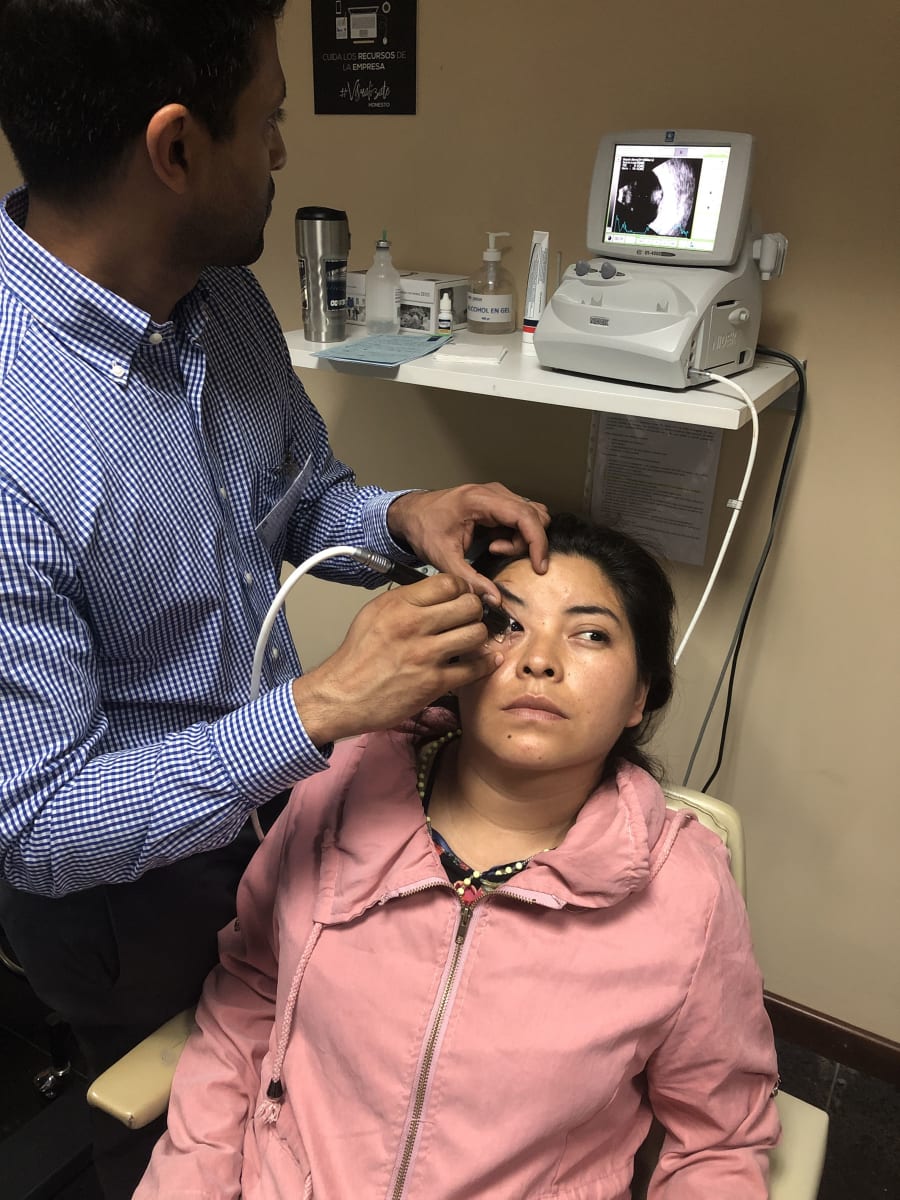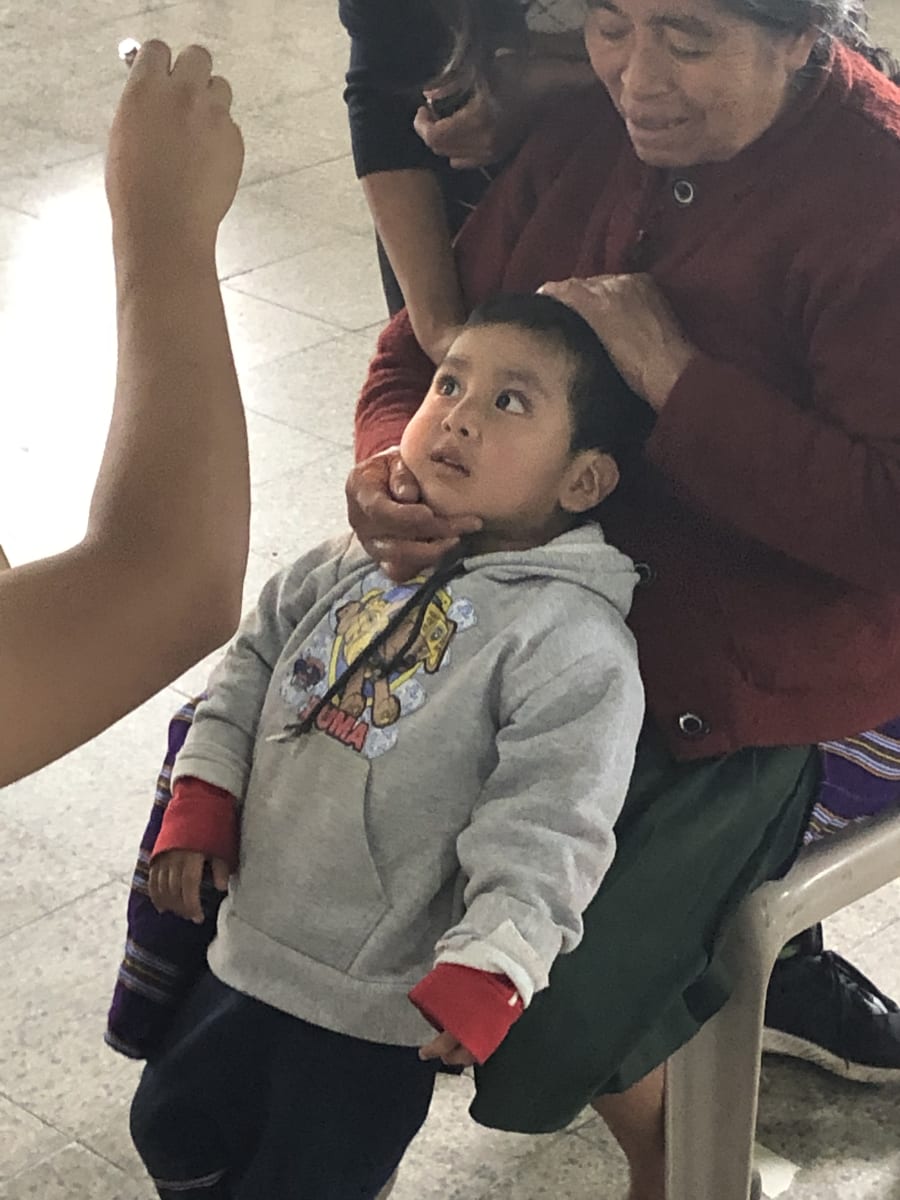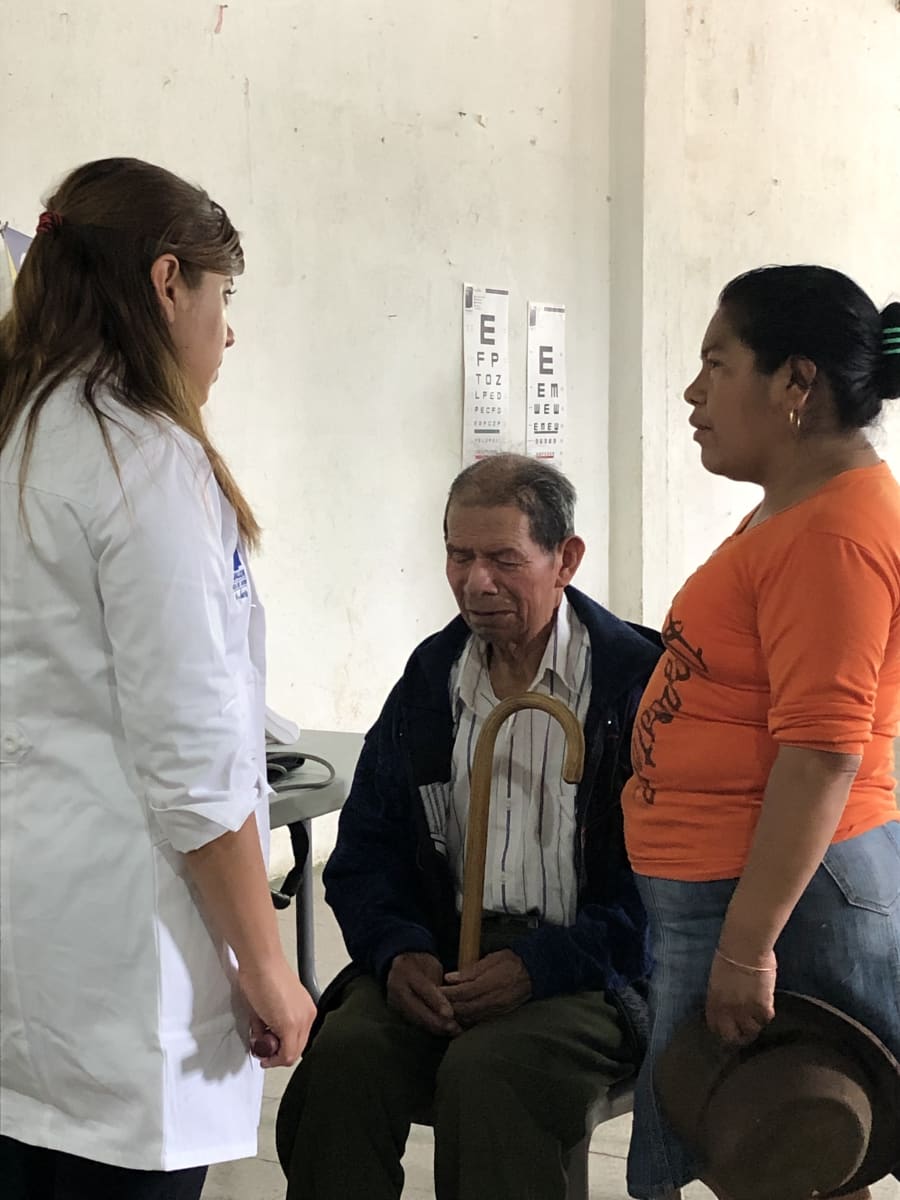Visualiza is a leader in eye care in Guatemala with eye hospitals in Guatemala City as well as rural regions. Visualiza has grown to perform over 20% of the country’s cataract surgeries and has become a resource for Latin American eye hospitals aspiring to adopt the Indian “Aravind model” of providing free eye services to low-income patients.
This May 13th – 17th, a team of ophthalmologists will volunteer their time to travel to Visualiza in hopes of spawning a long-lasting and symbiotic relationship. Our goal in Guatemala is to "teach them how to fish." We are sending a team of eye specialists with expertise in cataract surgery, glaucoma, retina and oculoplastics. We will provide mentorship in clinic, didactic lectures, and operate along side our Guatemalan colleagues to give them the tools to provide the highest level of care to the underserved population they serve.
The beauty of our trip is that we want to teach their ophthalmologists the requisite skills so that the impact of our travels last much longer than if we just came, operated and left. We want to provide one week of lectures, OR mentorship and other teachings that ideally leaves their ophthalmologists more skilled than they were previously. Furthermore, we will be bringing a clinic director who can help their teams elevate the "infrastructure" of the clinic - in terms of quality, reduction of medical errors, compliance, and other key clinic functions.
The needy and under-served in Guatemala and neighboring areas will benefit greatly from our expertise.
As you may know, ophthalmologists have a unique gift to return sight to the previously blind with cataract surgery. With just a simple and cost-effective 15 minute surgery, we can literally change hundreds of lives. We can impart the tools to their ophthalmologists both in cataract surgery and in sub-specialty care. This will allow them to take care of the more difficult cases for long after we depart.






Our team was able to teach clinical and surgical skills to local physicians to improve their practice and provide better ophthalmic care. We assisted and performed surgeries to improve vision in patients who had lost sight. Lastly, we were able to provide guidance in clinical and surgical workflows to maximize efficiency and outcomes in the local clinics. I was personally impacted by the generosity of people I encountered, the surgical skills of the local physicians, and the ability of the physicians to practice in a setting with sparse resources.